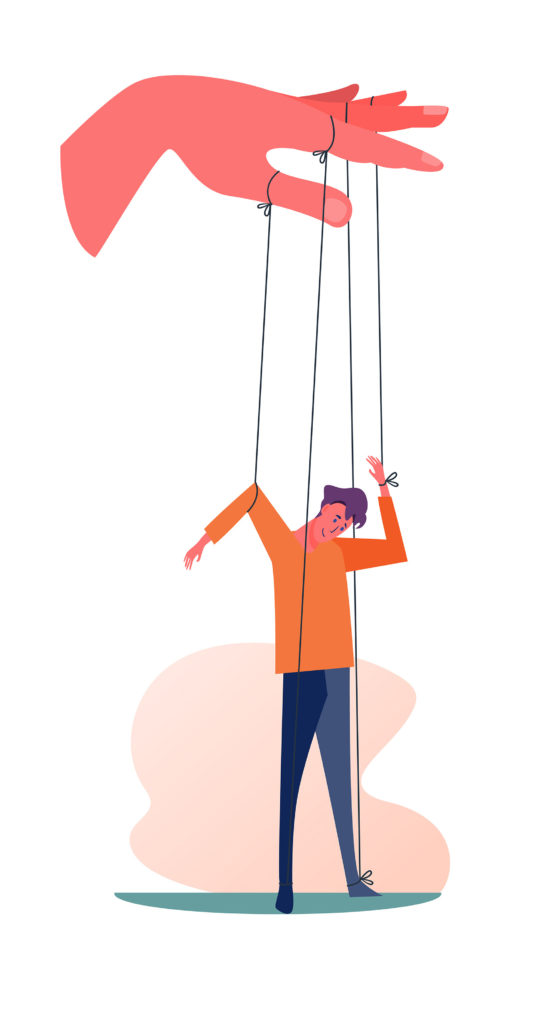We are currently seeing a lot of interest around managing burnout within teams. The difficulty employees face in trying to maintain a good balance in life, carry very heavy loads (work, mental and emotional) – especially in companies that have had to maintain normal productivity, and the lack of effective social support largely explain the phenomenon. Preparing these people for a return to work cannot be improvised.
That’s why I propose a « step by step » approach to achieving sustainable health through healthy work practises.
- Set up a meeting – with the employee to identify his needs. Note that the appointment does not replace a return to work medical examination. (GBV – only if this is a requirement in your country/organization)
- Meet with the employee – as their manager alongside a work physician [if you have one]. Together, create a recovery plan aimed at gradually restoring the employee’s level of self-confidence and efficacy.
- Modify working conditions – to avoid a relapse. Consider lightening their workload, providing additional support, increasing their level of recognition, etc.
- Track developments – every week during the first quarter to ensure that it’s going well. Make adjustments if necessary.
- Welcome the employee – back to the team. Upon his return, offer proactive support, clarify expectations, and ensure any agreed upon modifications have been made.
- Brief colleagues – a few days before the employee’s return. Emphasise the triple axis: benevolence, sincerity, and respect for privacy.
Throughout this process, it may be helpful to refer to the four levers of efficiency:
- Depth: the work/role design is fundamentally structural and not cyclical. Protecting the individual, the team and the employer may call for a rethinking of collective modes of operating.
- Anticipation: the more the HRD and the manager can pre-empt the reorganisation of the way the team functions, the less they are caught off guard – allowing them to move forward with efficiency and serenity.
- Two-fold effect: by intervening at the levels of the person and the team, we are providing two mutually reinforcing levels of support. This facilitates reconnection between team members and helps avoid misunderstandings.
- Benevolence: A successful return to work is the final phase of recovery post-burn out. When the employee’s self-confidence is built upon the sum of previous achievements, the HRD and manager become facilitators of small daily successes.
[accordion title=’By Adrien Chignard’]

[/accordion]











